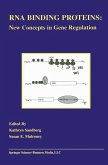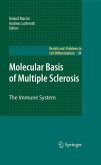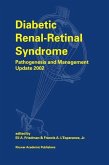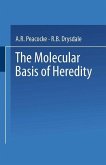The enormous and varied role of calcium in living systems is now widely appreciated by both cell biologists and clinicians. The identification and characterisation of new calcium binding proteins and regulatory pathways is matched by the recognition of the involvement of calcium binding proteins in a growing number of disease states. This book is intended to introduce clinicians to fundamental biological research, whilst at the same time attracting researchers to the clinical world. The publication of the book coincides with the elucidation of the complete Human Genomic Sequence. As a result of this, scientists now have access to an unprecedented array of data, from which new calcium binding proteins and hence new regulatory pathways will undoubtedly be discovered. It is a further aim of this book to provide a `key' to open the door to the new postgenomic era. The book is in three parts. The first section introduces the reader to the role of calcium in cell biology, providing an appreciation of how this small, simple, non-metabolisable agent can move rapidly and silently through the different cellular compartments, thereby influencing and controlling the fate of the cell. This section also illustrates and dissects the often-complex interplay between calcium and numerous agents in muscle and endocrine cells, neurons, hepatocytes, and platelets. In the second section the reader will discover the role of calcium and its partners in common diseases such as migraine and drug dependence. New classes of diseases such as annexinopathies, channelopathies, calcium-sensing disorders, and citrullinemia are discussed, and the authors give many new insights into the molecular mechanisms of the diseases, thereby explaining how and why they occur. Such information is clearly of primary importance for the pharmaceutical industry. New ideas and concepts of neurodegenerative diseases are introduced, which should stimulate new approaches. Clinicians will also have access, in a comprehensive and authoritative yet highly readable chapter, to data from recent large-scale clinical studies on the numerous and widely prescribed calcium antagonists. The final section gives information on new methods and devices for calcium imaging, and illustrates how calcium movement and change can be monitored and ingeniously utilised as a fast, cheap, and accurate drug screening instrument.
Dieser Download kann aus rechtlichen Gründen nur mit Rechnungsadresse in A, B, BG, CY, CZ, D, DK, EW, E, FIN, F, GR, HR, H, IRL, I, LT, L, LR, M, NL, PL, P, R, S, SLO, SK ausgeliefert werden.









